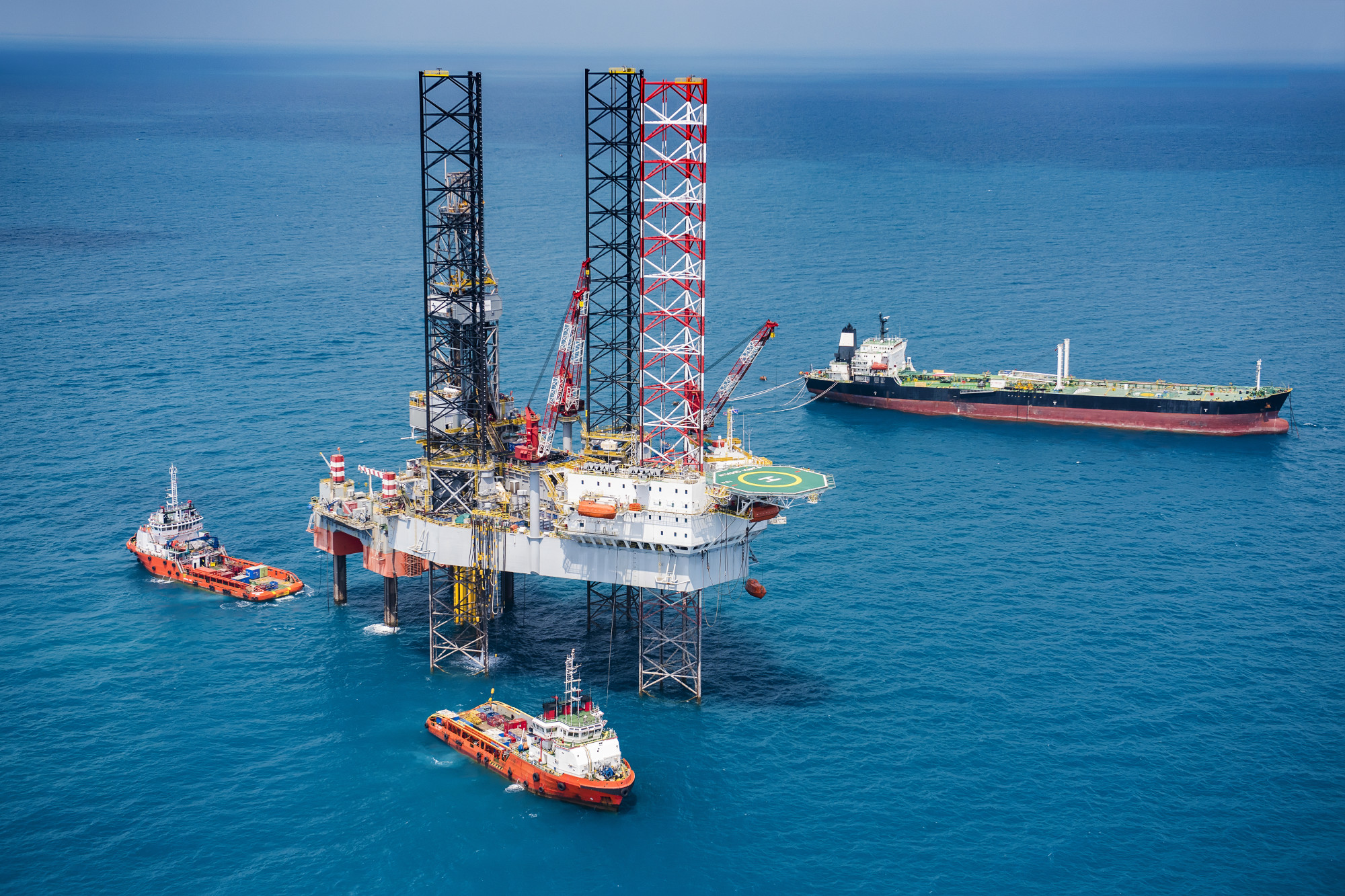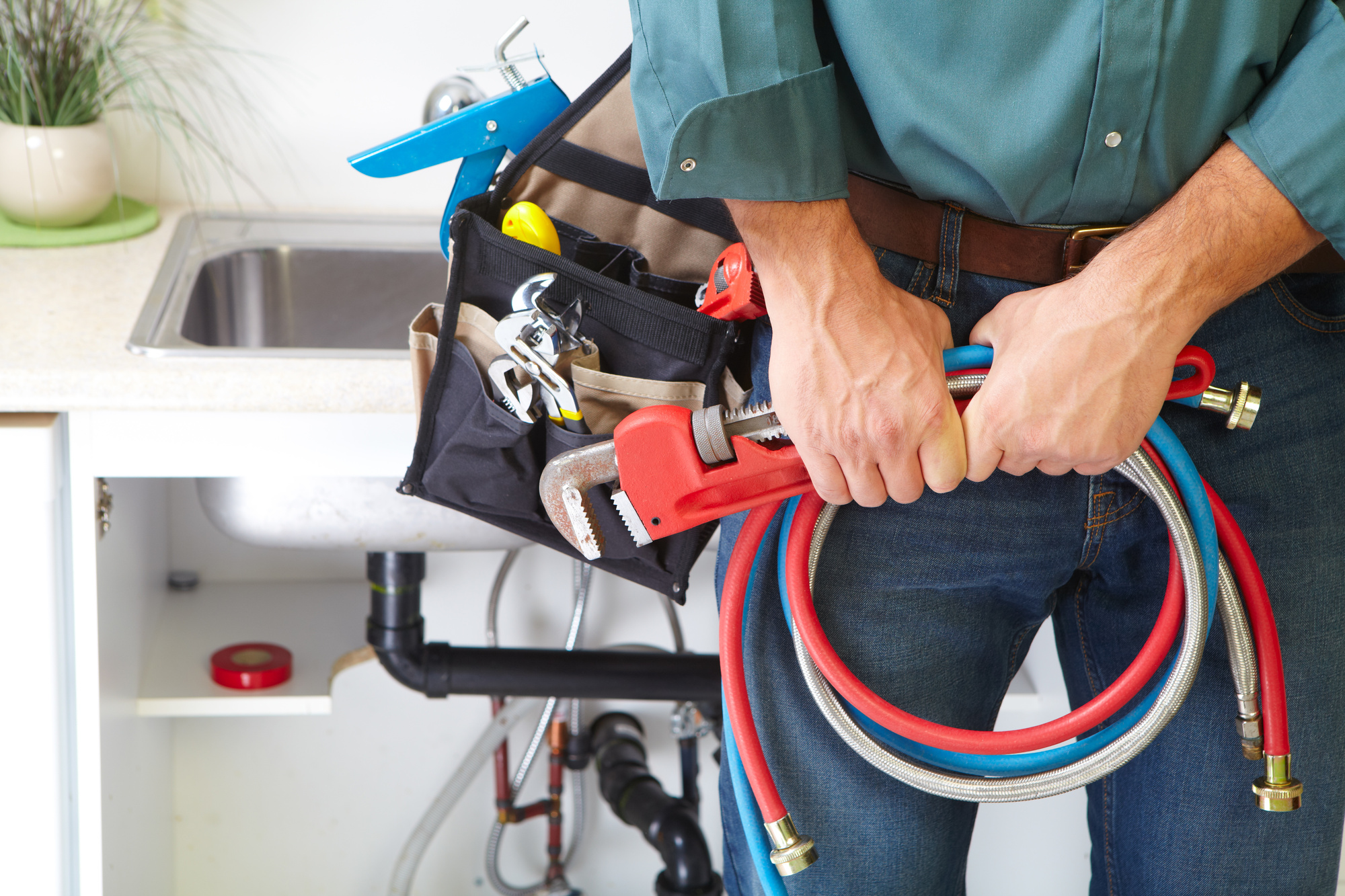Have you ever dreamed of seeing the world while balancing the thrill and adventure of working high up in the air? You might just be ready to apply working on an offshore oil rig.
It might sound glamorous and exciting, but the realities of this type of work are very different. You are in a work environment 10 meters underwater, away from any familiar sights or sounds.
Becoming a rigger is a specialized career.
A rigger’s responsibilities and abilities will vary depending on the oil drilling rig. This guide will explain the ins and outs of this type of work and whether or not it’s the right fit for you.
Isolation
The life expectancy of oil rig workers comes with certain inherent risks, one of which is isolation. The rig is physically isolated in the middle of the ocean, and the workers are also disconnected from family and friends at home, as contact is limited and extremely costly. Being thousands of miles away from home with little human contact can cause the workers to feel lonely and anxious.
For this reason, oil-rig employees must prepare themselves mentally to face this type of isolation. Team-building activities are encouraged on the oil rig to create and maintain a strong sense of camaraderie among the workers and make the working environment more enjoyable.
Harsh Working Conditions
Workers need to achieve a great deal of safety precautions as they are exposed to harsh natural conditions, such as:
- high winds
- choppy seas
- electrically charged equipment
Adverse weather can make for long, exhausting days, often involving stretching and straining to complete tasks. Even the journey to and from the rig can be demanding; crew members are confined there for long periods and endure sweltering temperatures below deck.
Long Working Hours
On offshore oil rigs, workers typically work 12-hour shifts for two weeks. Workers are often away from home, family, and friends for an extended period. Workers also work long hours for 14 straight days, often in extreme weather conditions.
These long hours make it difficult for many workers to sustain a healthy work-life balance. Regular breaks or rest days are not always available, limiting workers’ time for healing, relaxation, and other activities. The long hours of offshore work can also be:
- exhausting
- leading to fatigue
- decreased mental clarity
- safety risks
They are now providing access to recreation rooms, lay-back rooms, and other amenities that provide a sense of comfort to the rig.
Teamwork and Camaraderie
The rig crew, which usually consists of around 50 people, must collaborate daily on various tasks and foster a shared sense of goal accomplishment. The unpredictable nature of the environment means that the team must be able to think quickly and support one another to overcome whatever obstacles stand in their way.
Everyone’s job is important and the sense of camaraderie between crew members is palpable. Through hard work, downtime activities, and working towards a common goal, the team develops a bond that helps them accomplish their tasks safely and efficiently and maintains a positive atmosphere.
Safety Protocols
Workers must be equipped with the appropriate safety protocols to ensure that operations are conducted safely and securely. Safety protocols on offshore oil rigs typically include:
- training in safe lifting techniques
- emergency evacuation procedures
- proper use of protective equipment
- awareness of potential hazards
- familiarity with the Fatigue Management Plan
Physical safety measures such as handrails and secure platforms are also observed. Routine inspections and maintenance are conducted daily to ensure that all equipment and areas of the rig are in good condition.
Technical Skills
It is important for workers to understand the structures and systems of the rigs, as manual labor alone is not enough to keep them functioning properly. Workers must have the ability to operate specialized machinery and software as well as understand the different parts of the rigs in order to make regular maintenance possible.
They must also be able to identify issues and find solutions that will result in regulatory compliance. These skills are essential as they ensure the safety and functionality of the rigs.
Emergency Preparedness
Emergency drills should be routinely performed to evaluate and improve safety protocols. All workers should be well-trained in the identification and response to potential hazards.
Medical supplies should be regularly updated to ensure they are of the highest quality, and emergency evacuation plans should be frequently reviewed. Emergency evacuations of an offshore oil rig require coordination with multiple agencies such as the:
- US Coast Guard
- Occupational Safety and Health Administration (OSHA)
The safety of all personnel and equipment should always be the number one priority.
Limited Personal Space
Very few rigs have the luxury of individual oil rig living quarters, so the only privacy someone might find is a shared cabin. This means that sharing the same space with other crew members—created a unique challenge.
Working in such close quarters with strangers, day in and day out, can be difficult. It forces an individual to learn the fine art of privacy and respect for fellow crew members. It also means learning to understand allergies, habits, likes, and dislikes.
Financial Benefits
Rig workers typically work long hours but are compensated with generous salaries and bonuses. In addition to salaries, those working in the rig industry may also be:
- eligible for medical
- vision and dental plans
- 401K contributions
- bonuses
- vacation time
- other incentives
It can be much higher than average in many locations, and workers also benefit from having access to experienced workers and an experienced management team that is highly focused on safety.
Seeking Legal Assistance
People may be subject to different hazards, such as being injured, wrongful termination, or unsafe working conditions due to a lack of oversight. As the oil industry is heavily regulated, seeking legal assistance can help individuals maneuver through the complex laws that apply to their situation.
In particular, legal advice should be sought if there is a dispute or disagreement over the terms of any contracts individuals have with oil companies. Find a maritime lawyer today, and rest assured that your rights will be protected.
The Bottom Line: Working on an Offshore Oil Rig
Working on an offshore oil rig requires the right combination of skills, physical capabilities, and mental fortitude. If you have what it takes, you will have financial security and the opportunity to work on a team with a common goal. Start exploring your options today and kickstart your career in the oil and gas industry!
For even more tips and tricks, check out the rest of our site.










